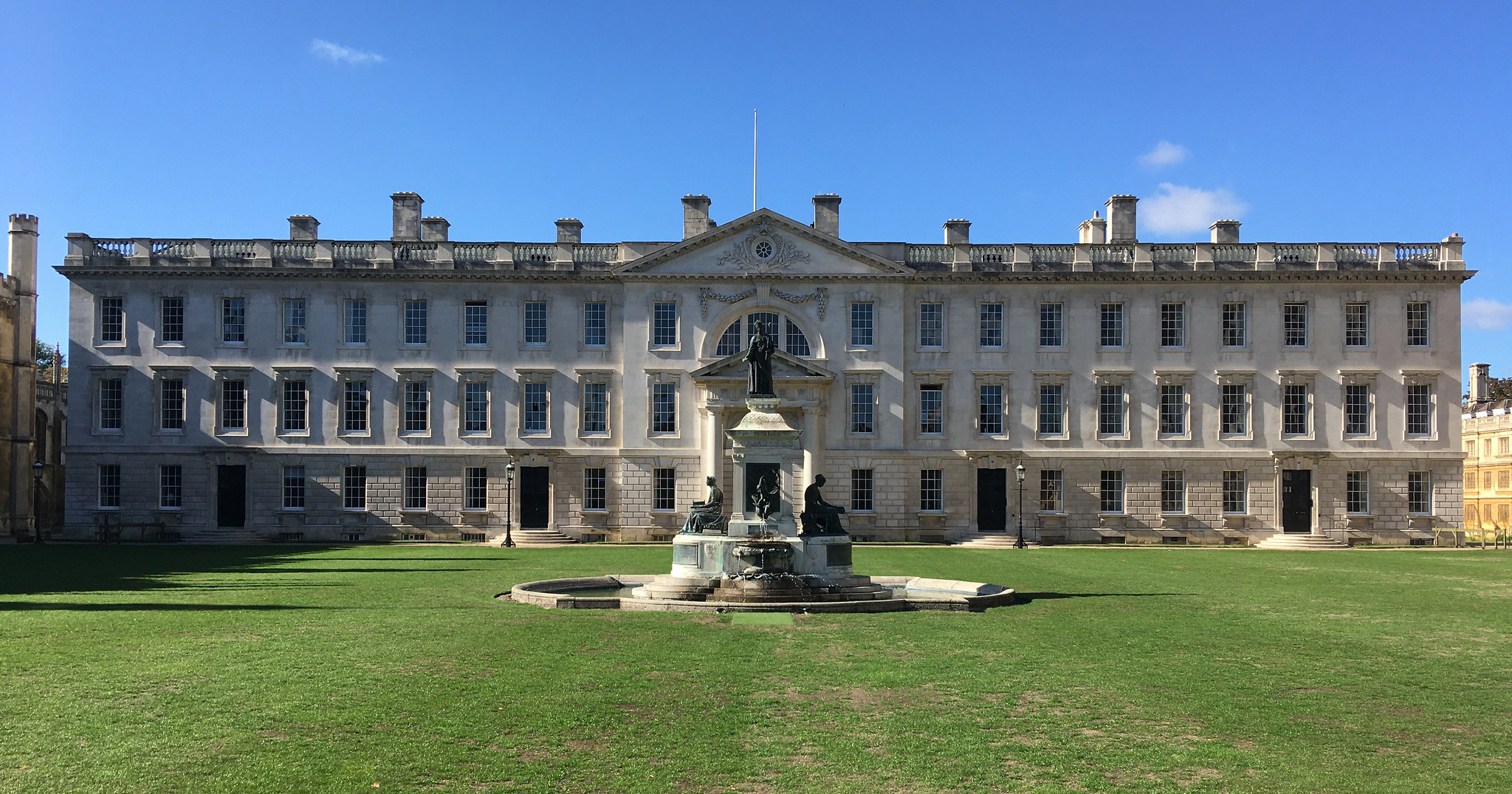Guest Post • Guide to UK Applications
Your Guide to Undergraduate Learning at the University of Cambridge
POSTED ON 08/22/2022 BY The Red Pen

The University of Cambridge is one of the world’s most prestigious institutions. Its combination of approaches to learning encourages students, like me, to delve deeper into their academic passions. The opportunity to interact with leading intellectuals and access some of the finest resources guides us towards aspiring to achieve limitless possibilities. But what is it like to study at this esteemed university?
An overview of the University of Cambridge’s education system:
Before we get into the lectures, classes and supervisions, let’s understand some Cambridge jargon.
- Tripos: At the University of Cambridge, Tripos refers to undergraduate courses required for your bachelor’s degree.
Each Tripos comprises modules or subjects within the overarching course. While some modules are compulsory requisites of the Tripos, others are selected or ‘borrowed’ from a range of other Tripos. For example, I am pursuing the Psychological and Behavioural Sciences Tripos and my compulsory subjects include the fundamental neuroscientific aspects of psychology. But I also can study modules ranging from evolutionary biology to political philosophy. Some of the many modules I chose during my first two years include sociology, education, anthropology and criminology. These incredibly interesting classes have let me customise my degree and explore my interests. - Terms: Each academic year comprises eight-week-long terms, namely Michaelmas, Lent, and Easter. While students enjoy the relatively short term-time and much longer holidays as compared to other universities, a few complain about the intensity of work during terms. There are more opportunities for students to gain work and research experience or just relax and unwind from a stressful term, but the infamous ‘week five blues’ are real, too! The start of the Michaelmas term in early October kicks off with Freshers Week (or ‘Bridging Week’, as some colleges call it). It is the most enjoyable term, filled with events, parties and socialising. The workload picks up during the Lent term when the course content is usually completed. Easter term is arguably the most stressful since exam preparations dominate most days. The bright side is the lovely weather, which lends itself to group study sessions in the meadows during summer, making all the stress disappear!
Lectures
Cambridge students have multiple lectures weekly, usually lasting for an hour each. Hundreds of students assemble at lecture halls or, more recently, attend them online. The lectures are only a brief overview of a subject, making them an excellent starting point for your research. World-renowned academics leading in their respective fields will most likely conduct your lectures. There is a fair chance that you have already read some of their research and books. If not, you will do so during your Tripos! Although there are limited opportunities to interact with them during the lecture, you can always approach them later or email them to clarify any questions.
Classes and seminars
Some medium-sized Tripos host classes and seminars every week. During these two-hour-long interactions, 15-30 students can actively contribute to discussions with other academics. These are rare opportunities to converse directly with intellectuals in your interested domain.
Practical sessions
The University of Cambridge is focused on research and emphasises experiential learning. Educators discourage taking anything at face value and encourage you to seek evidence for everything taught, right from the interview to everyday teaching. Hence, many Tripos, especially in the STEM modules such as natural sciences, have weekly laboratory sessions. With state-of-the-art resources and technology available, there exists unlimited scope and possibilities for curious minds.
Supervisions
The supervision system at Cambridge or the tutorial system at Oxford, are opportunities unique to Oxbridge. This teaching model is undoubtedly one of the biggest advantages of studying at these prestigious universities. The Director of Studies (DoS) allocates supervisors for every module. They are experts in their fields of interest, often with PhDs, years of experience and immense insight. These supervisors then organise group study sessions comprising one to three students, usually weekly or fortnightly. Hence, supervisions are excellent opportunities to engage in intellectual discussions, get insightful feedback and think beyond the boundaries of a lecture.
My first anthropology supervision assignment was to critique an ethnography or a book based on decades of research. My course-mates and I spent hours criticising every possible aspect, only to realise that our supervisor was the author. However, she was extremely receptive to our criticisms and greatly appreciated our feedback. This anecdote should reassure you of the honest relationship shared between supervisors and supervisees.
Coursework
Approximately 24-48 hours before every supervision session, supervisors may ask their students to submit a research-based essay or solve exercise sheets. These must be completed after attending the necessary lectures, seminars and practical sessions and reading the assigned books and papers. Students typically submit three to four essays weekly, as each Tripos has at least four modules, each with a supervision.
The first and second years of larger-scale coursework involve reports and research analysis. However, the final year includes a dissertation, like many other UK universities. This is a chance to conduct your own research, which may also get published.
It is also worth mentioning that each Tripos has different contact hours. For example, medicine and engineering have the most laboratories and students often work for 10 hours a day. Albeit, the learning style is very different from school and your studies are much more independent and self-directed.
Other opportunities
Apart from the aforementioned means of learning, students often go on field trips and study visits worldwide. These include architecture students who may undertake a studio project abroad or various foreign language students who travel to their respective countries to immerse themselves in the language they are studying. Other opportunities depend on a student’s initiative, availability and talent. Some students may be recruited for research assistantships and other work experience. I gained some incredible insights while assisting my Cambridge Judge Business School professors on several consumer behaviour research projects. This included conducting primary research at the school laboratories with participants analysing behavioural data. Using programming software, we generated a detailed report about our findings. The R-coding projects finally paid off!
Remember that most Tripos lectures are open to every student at Cambridge. The university believes in limitless opportunities to learn and allows anyone to sit in a class and learn any course they may want to explore.
While all of these expectations and responsibilities to learn beyond may be overwhelming, your academic faculties and the pastoral support at your college all work towards enriching your learning experience. Your DoS will guide you towards the most appropriate educational opportunities and assign you to modules with esteemed supervisors. These supervisors will help you navigate through the complexities of some lectures. They ensure that the workload is manageable if you maintain a schedule and keep up with your timetables. Meanwhile, there is immense support for students with learning disabilities, which is provided by welfare officers, your college tutor and the Disability Resource Center who collaborate to provide the best possible guidance.
In conclusion, your experience at Cambridge, like other universities around the world, depends on the opportunities you take. So ensure that you make the most of your time here. To learn more, get in touch with The Red Pen.
Preksha Jain is a guest blogger and current student at the University of Cambridge. She is reading Psychological and Behavioural Sciences and aspires to specialise in education consultancy and consumer behaviour. Preksha graduated the IBDP from Dhirubhai Ambani International School and has worked with firms to host mock Oxbridge interviews, review applications and help students secure admission into some of the world’s top universities.





